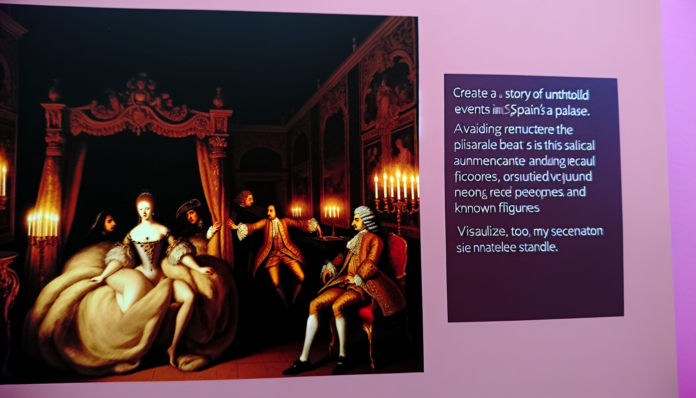Introduction
In the annals of European royal history, few figures have been as controversial as King Juan Carlos I of Spain. His reign from 1975 to 2014 is often celebrated for its pivotal role in the transition from dictatorship to democracy in Spain. However, it was also marked by scandal—most infamously, the revelations surrounding his extramarital affairs. These tumultuous events not only rocked the monarchy but also highlighted the evolving moral landscape of Spanish society, particularly in the context of the 21st-century cultural shift towards personal accountability and transparency.
At a time when societal norms were rapidly changing, following decades of Francoist repression, King Juan Carlos’s escapades drew sharp scrutiny. The emergence of tabloid journalism and the mounting expectations for royal decorum provided a backdrop for a scandal that would ultimately challenge the very institution of monarchy in Spain.
The Scandal
The controversies surrounding Juan Carlos began to intensify in the early 2000s, but the world truly took note when whispers of his numerous affairs became public. The most headline-grabbing incident occurred in 2012 when reports surfaced of his romantic relationship with German businesswoman Corinna Larsen. This revelation coincided with his infamous elephant hunting trip in Botswana, which aroused outrage against a king who had presented himself as compassionate while Spain faced severe economic strife.
As details unfurled, including the fact that Juan Carlos maintained multiple relationships over the years, the scandal reached fever pitch. Key events included:
-
Elephant Hunting Trip (2012): While Spain was grappling with austerity measures, Juan Carlos was discovered on a luxurious safari, culminating in a public backlash.
- Behind Closed Doors: It was revealed that his relationships were not secretive; there was an elaborate web of affairs that suggested a lifestyle starkly at odds with the values he represented as a public figure.
Reactions to these events were swift and varied. Notably, Spanish media outlets became the primary lens for exposure, portraying him less as a beloved king and more as a reckless figure of privilege. Newspapers such as El Mundo and El País echoed public outrage, underscoring the disconnect between royal privilege and the challenges faced by ordinary Spaniards. A widely circulated quote from political analyst Ana de Armas encapsulated this sentiment: “A king who chases scandal chases away his own legacy.”
Moral and Cultural Analysis
The moral and cultural reaction to Juan Carlos’s affairs was multifaceted. In a country still wrestling with the shadows of Franco’s regime, the monarchy had once stood as a unifying symbol. However, as allegations mounted, public trust began to wane. Demonstrators vocally questioned the monarchy’s place in a modern democratic society, leading to calls for accountability that had previously been unthinkable.
Consequences for those directly involved were significant. Juan Carlos opted to abdicate in 2014 amid growing pressures and scandal, which many interpreted as an acknowledgment of his failure to adapt to the new moral expectations of leadership and governance.
Today, Juan Carlos’s escapades would likely be met with even more severe backlash, considering the contemporary emphasis on transparency and social responsibility. In an age where public figures are increasingly held accountable for their actions, a king engaging in such open disregard for public sentiment could find himself not only in the hot seat but perhaps even prompted to resign before the candle burns out.
In conclusion, while the past was rife with its own standards and expectations, the revelations surrounding Spain’s King Juan Carlos serve as a potent reminder of how societal values evolve—and how public figures must navigate them with care.

